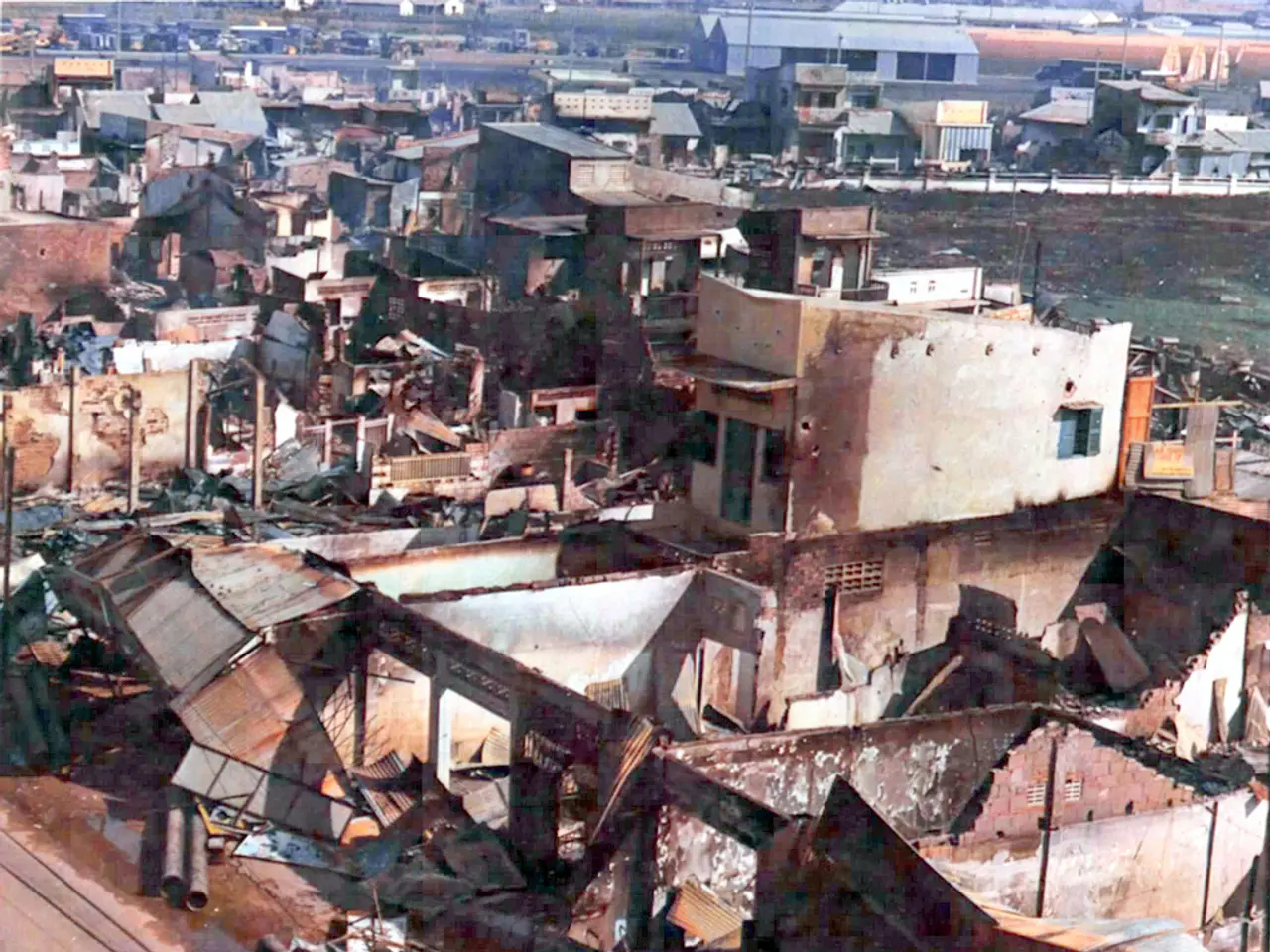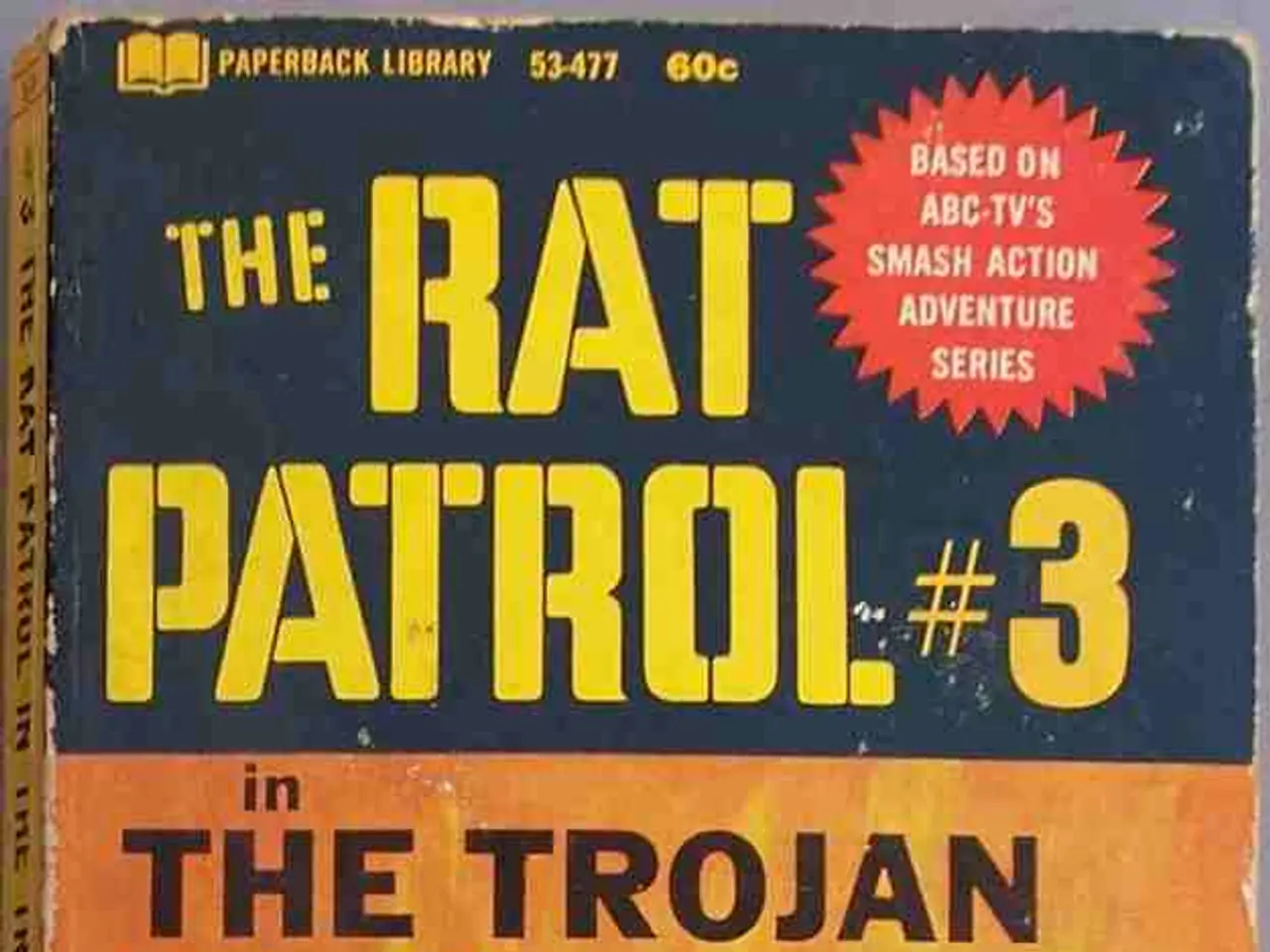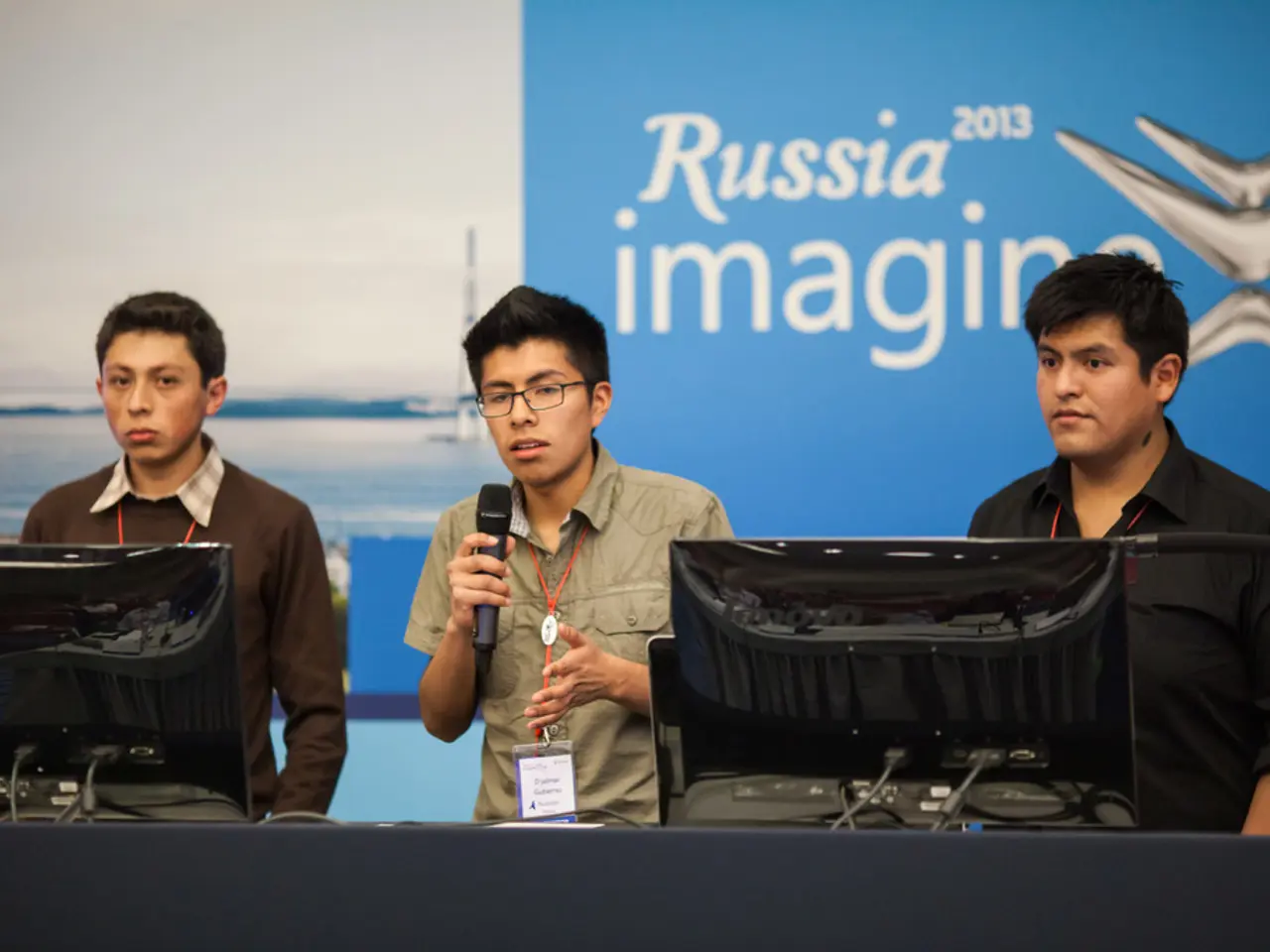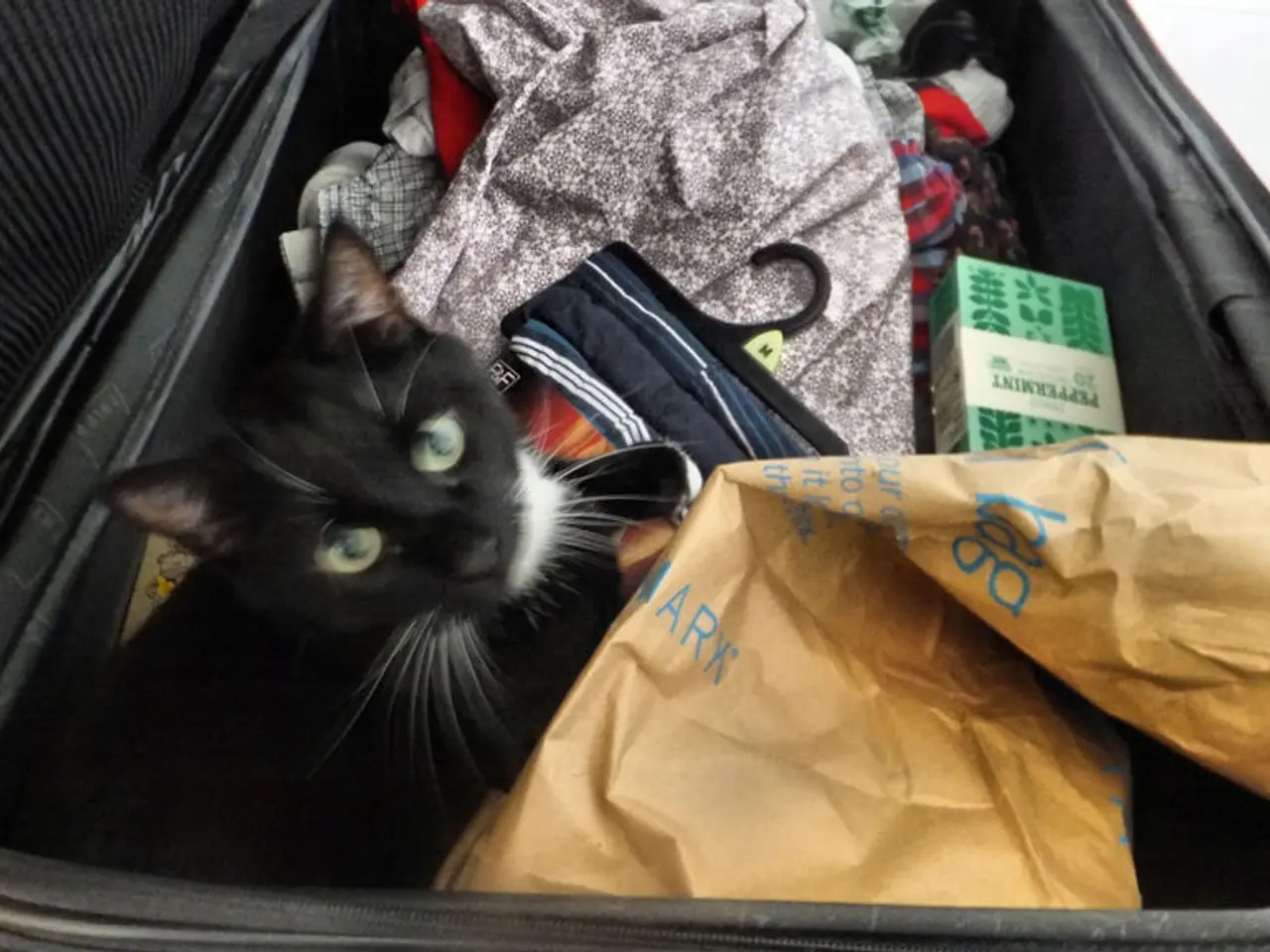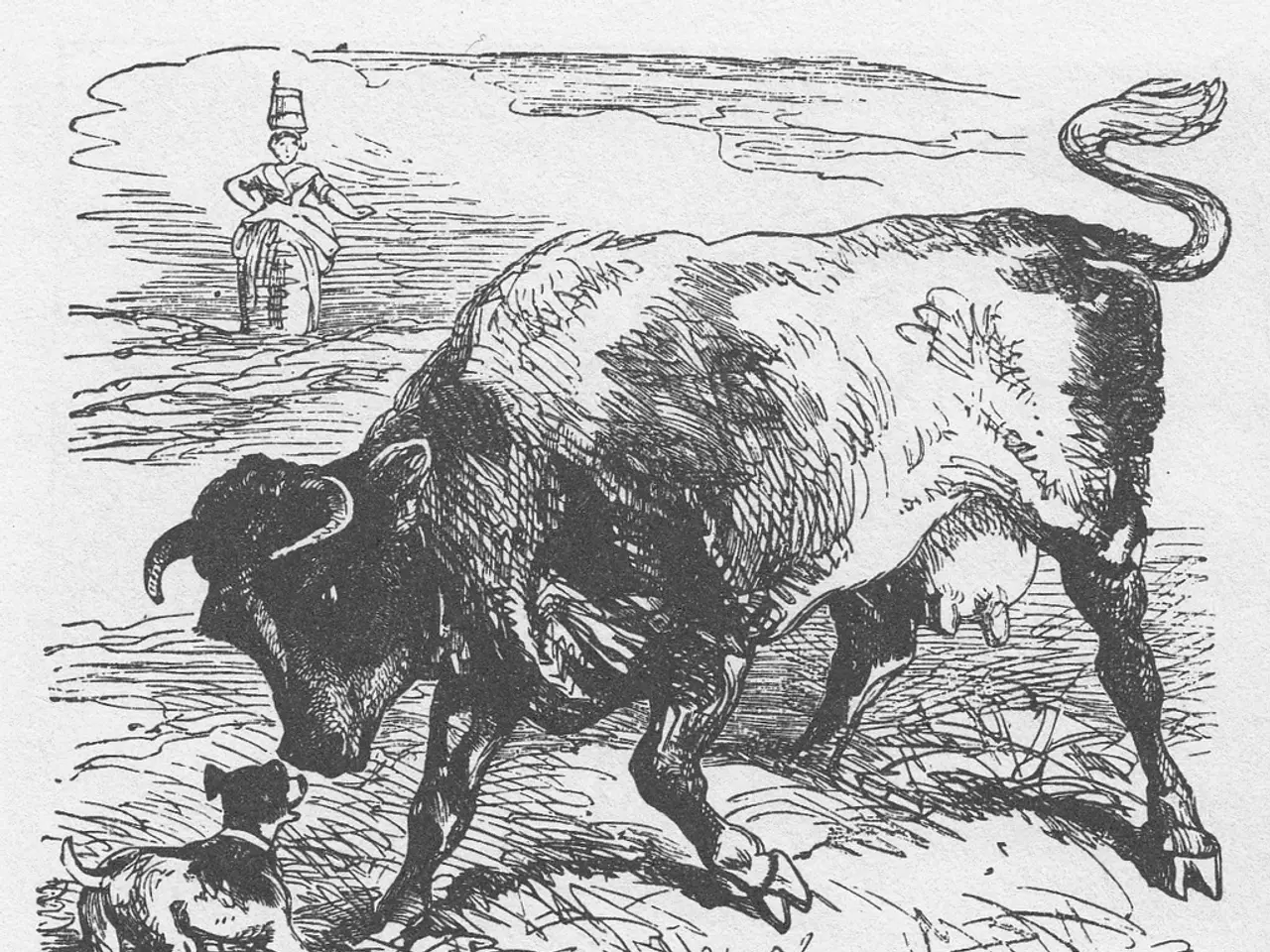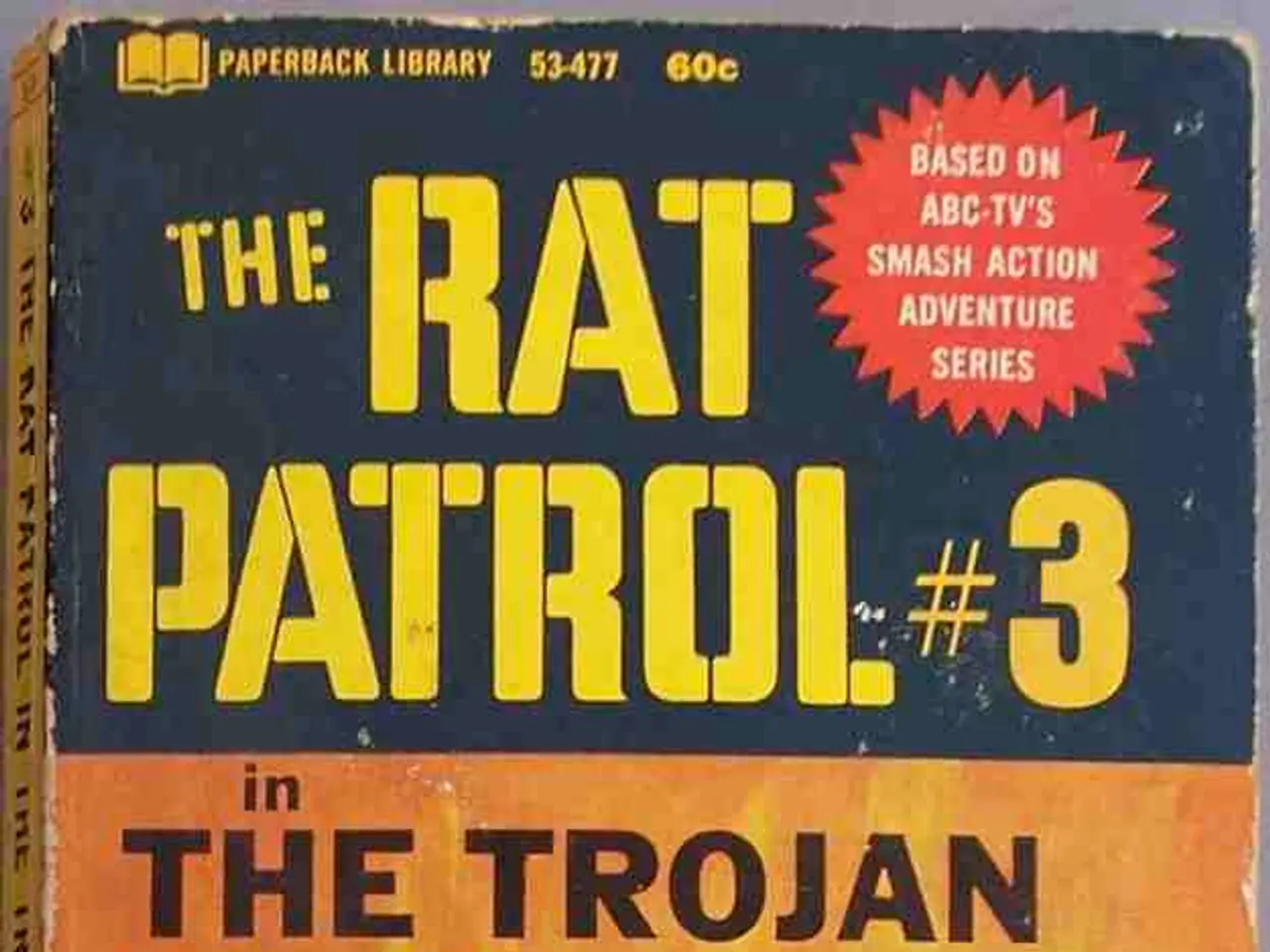Images Showcasing the Grief and Horror of September 11th, America's Most Somber Moment
In the clear, sunny skies of September 11, 2001, the United States experienced a day of unimaginable tragedy. The attacks, masterminded by the Islamist extremist group al-Qaeda, led by Osama bin Laden, were carried out by 19 men from several countries, primarily Saudi Arabia.
The terrorists organized into four teams, with the intent to hijack four commercial airplanes and crash them into symbolic U.S. targets such as the World Trade Center in New York and the Pentagon in Washington, D.C. Their motives included opposing U.S. foreign policies in the Middle East and perceived injustices against Muslims.
The attacks unfolded in the morning, with two planes crashing into the North and South Towers of the World Trade Center, causing massive destruction and collapse of the towers by late morning. Another plane struck the Pentagon, severely damaging it. The fourth plane, Flight 93, crashed in Pennsylvania after passengers attempted to regain control from hijackers, preventing it from hitting its intended target, likely either the U.S. Capitol or the White House.
The coordinated attacks resulted in the deaths of nearly 3,000 people and caused extensive physical and emotional trauma in the U.S. In the immediate aftermath, there was widespread national and international shock and mourning. Emergency response efforts commenced along with investigations and policies aimed at counterterrorism.
The U.S. government passed new security laws, including the Patriot Act, and launched military operations in Afghanistan targeting al-Qaeda and the Taliban regime that harbored them. The attacks reshaped global security, foreign policy, and intelligence practices significantly.
The economic impact of 9/11 was astonishing, with estimated losses during just the first month post-9/11 reaching $123 billion. Nearly $10 billion in insurance claims stemming from the attacks were filed. An anti-terrorism package worth $40 billion was approved by Congress on September 14.
The work at Ground Zero and the actual cleanup there ended on May 30, 2002, costing $750 million to remove 1.8 million tons of debris. Untold scores of 9/11 artifacts were retrieved from the rubble. President George W. Bush assured the nearly 3,000 victims of the 9/11 attacks that they would not be forgotten.
The 9/11 generation, comprised of first responders and service members, is considered among the greatest in U.S. history. The total cost of the attacks is estimated to be more than $3 trillion. A 2018 study from Brown University estimated that the death toll from the ongoing war that has spanned 2001 to the present could be as high as 507,000, with 244,000 of them civilian.
President George W. Bush learned of the attacks while attending a reading at Emma E. Booker Elementary School in Sarasota, Florida. In the following years, the U.S. began launching strikes against terrorist groups and other suspected enemies around the world, with Iraq, Pakistan, Yemen, and other countries eventually facing American military action.
On this day, we remember the lives lost, the heroes who rose, and the resilience that defined the American spirit in the face of adversity. We honour the sacrifices made and the lessons learned, as we continue to strive for peace and security in a world that has been forever changed by the events of September 11, 2001.
Photography captured the devastation and resilience of the people in the aftermath of the events on September 11, 2001, with numerous photographers documenting the attacks, the cleanup, and the memorial services.
The tragic events of September 11, 2001, significantly influenced politics, leading to changes in foreign policies, the launch of military operations, and the passing of new security laws. War-and-conflicts in countries like Afghanistan, Iraq, Pakistan, Yemen, and others were a direct result of the attacks, reshaping the geopolitical landscape.
General news coverage of September 11, 2001, played a crucial role in informing the public about the attacks, their implications, and the ongoing investigations, shaping public opinion and the nation's response. Travel was disrupted, with airports and flights being heavily monitored and restricted, causing a ripple effect on global travel patterns. History books will forever remember September 11, 2001, as a turning point in American and global history.
